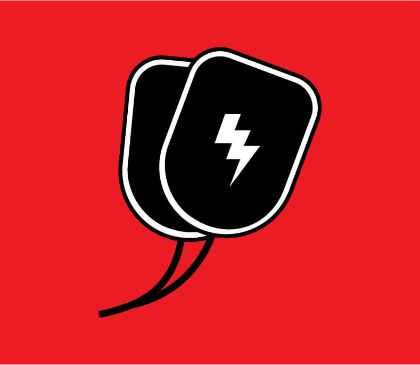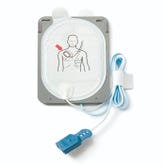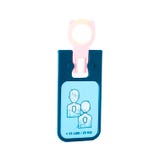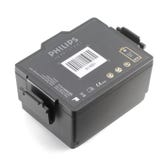What is Sudden Cardiac Arrest?
- Dec 16, 2019

AKA: Cardiac Arrest and Sudden Cardiac Death
Sudden cardiac arrest is the abrupt loss of heart function, breathing, and consciousness. Cardiac arrest usually results from an electrical disturbance in your heart that disrupts its pumping action and stops the blood flow to the body.
Symptoms of cardiac arrest are immediate and grave: sudden loss of consciousness/responsiveness, lack of breathing, and no pulse. During a cardiac arrest, the heart stops beating and the organs of the body are deprived of oxygen.
Although nearly 90% of out-of-hospital cardiac arrests are fatal, thanks to the prompt use of CPR and defibrillation, there are survivors. Check out sudden cardiac arrest survivor Rob Seymour’s story!
Sudden cardiac arrest is a critical condition and requires immediate medical assistance. When the heart stops beating, death can occur within minutes.
What Causes Sudden Cardiac Arrest?
Sudden cardiac arrest can be caused by any number of events such as ventricular fibrillation, a sudden blow to the chest, electrocution, drowning, drug abuse, cardiomyopathy, and hypothermia. Cardiac arrest can be reversible if it’s treated in the first few minutes with CPR and by using a portable automated external defibrillator (AED) on the victim.
Although sudden cardiac arrest can happen to people who have no prior known heart conditions, life-threatening arrhythmia usually develops in a person with a pre-existing — and possibly undiagnosed — heart condition such as coronary artery disease, enlarged heart, heart attack, or congenital heart disease.
What You Can Do to Help Someone Experiencing Cardiac Arrest?
If you witness someone suffering from a possible heart attack or cardiac arrest, call 911 immediately. The operator should be able to help you administer compression-only CPR. If possible, ask a bystander to locate an AED.
To become even better equipped to respond in the event of a cardiac emergency, sign up for a first aid and CPR course. Find out where your office AED is located. You never know when your actions could help save a life.
Get certified today. Cardio Partners and AED.com offer CPR, First Aid, AED, and bloodborne pathogen training courses in all 50 states in traditional classroom settings and in blended learning courses. To learn more about our courses or to schedule a training, call our team at 800-544-0004 or email Cardio Partners at customerservice@cardiopartners.com.
DISCLAIMER: Information and resources found on the cardiopartners.com and aed.com websites/blogs is intended to educate, inform, and motivate readers to make their health and wellness decisions after consulting with their healthcare provider. The authors are not healthcare providers. NO information on this site should be used to diagnose, treat, prevent, or cure any disease or condition.








 CALL US:
CALL US: